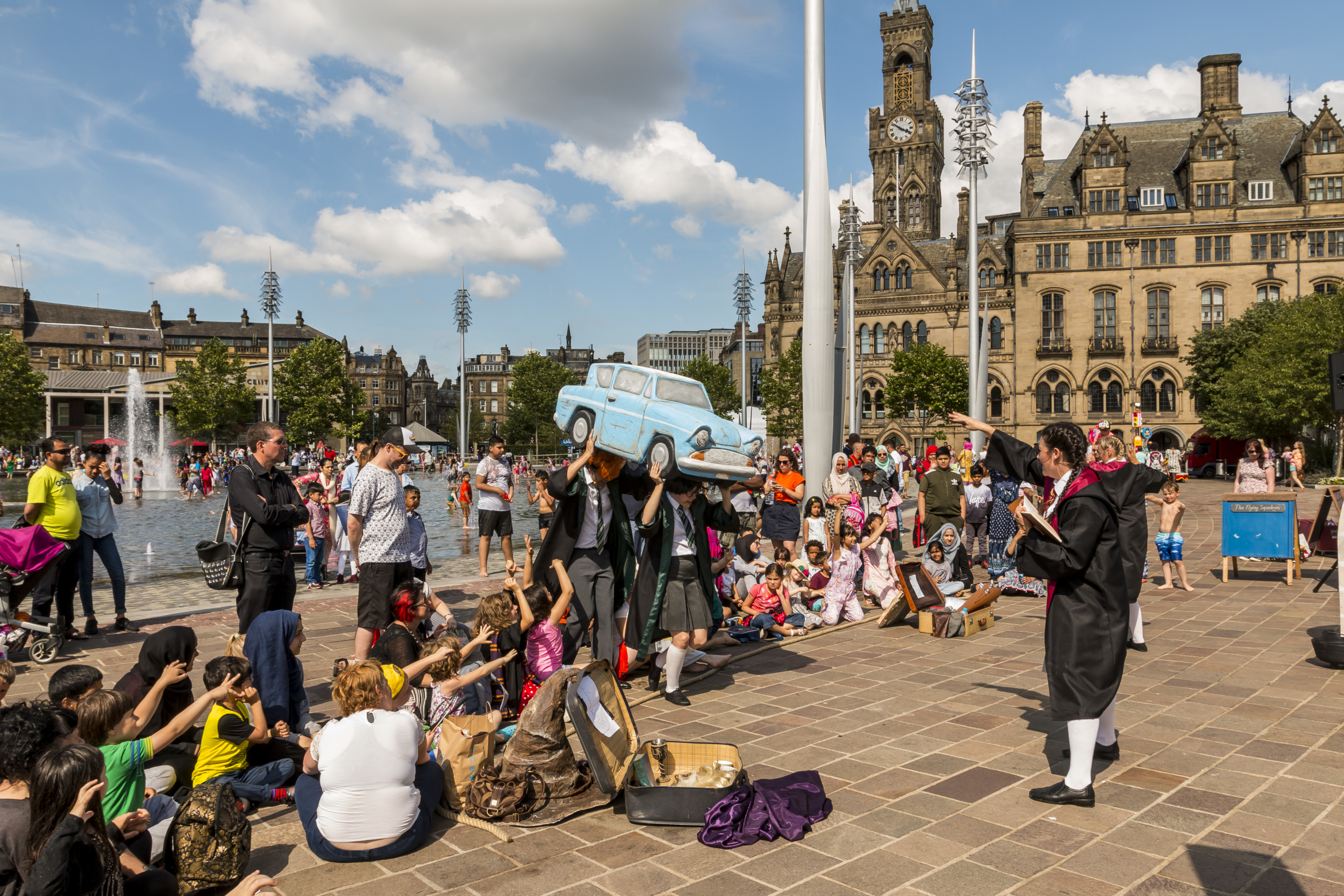Social Value

The Holiday Activity and Food (HAF) programme is an inspirational scheme to address the holiday food poverty and opportunity gap faced by disadvantaged children. By Easter 2024, 12.2 million HAF funded places had been delivered across England at holiday clubs providing a hot, nutritional meal and enriching activities as varied as golf and photography.
The Holiday Activity and Food (HAF) programme is an inspirational scheme to address the holiday food poverty and opportunity gap faced by disadvantaged children. By Easter 2024, 12.2 million HAF funded places had been delivered across England at holiday clubs providing a hot, nutritional meal and enriching activities as varied as golf and photography.
Research indicates that school holidays can be stressful for many families, particularly those with low incomes. These families are more likely to experience ‘unhealthy holidays’ in terms of diet and physical health and are less likely to participate in organised activities. The Covid-19 pandemic exacerbated these issues, prompting the DfE to allocate some £200 million for 2021/22 to take HAF from a pilot project to national roll out across England, and subsequently annually invest this sum.
Key features of the HAF programme:
- Inclusivity and support: Focused on inclusivity, particularly for children with SENDs, those from ethnically diverse backgrounds, refugee and asylum-seeking families, and those in rural areas
- Community engagement: Families engaging with mental health services and being directed to social services, food banks, or ongoing childcare provision
- Environmental consciousness: Maximising sustainability through donating leftover food to food banks and the commissioning of local services
To support local authorities (LAs), the DfE set up a national support contract delivered by Childcare Works, a consortium led by Mott MacDonald with Coram Hempsall’s to ensuring sufficient high-quality HAF places were provided. During our contract, from April 2020 to March 2024, we focused on:
- Data management and guidance: Providing support to manage data processes, offer advice, and communicate guidance
- Maximising impact: Challenging the initiative to stretch ambitions and goals for maximum effectiveness
- Continuous improvement: Highlighting exceptional practices to create opportunities for continual improvement across local authorities and local providers of HAF days
The contract mobilised at the start of the Covid-19 pandemic, leveraging communication technologies to deliver adaptable support and reduce travel and face-to-face interaction which later moved to a mixed delivery model.
Outcomes
The HAF programme has proven to be a transformative initiative, fostering healthier, happier lives for children and families, fostering friendships and social capital, crucial for preventing division and promoting community cohesion. HAF initiatives have been instrumental in breaking down barriers and fostering respect among diverse communities. Agencies and uniformed services reported reduced levels of anti-social behaviour and crime, including knife crime. The project also received huge support from public figures like Marcus Rashford and Tom Kerridge.
An evaluation in Birmingham by Northumbria University’s Healthy Living Centre identified the impact of 243 providers delivering 278 HAF events for 32,000 children from deprived neighbourhoods. The total HAF spend per child was £250, with a calculated social return on investment (SROI) of £2,800 per child, resulting in a total SROI of £90 million. A ratio of 1:11 meaning an estimated social return of £11 for every £1 invested, which compares favourably with the global median SROI of 1:9 for community development initiatives.
View the Mott MacDonald profile in the MCA Members Directory.

